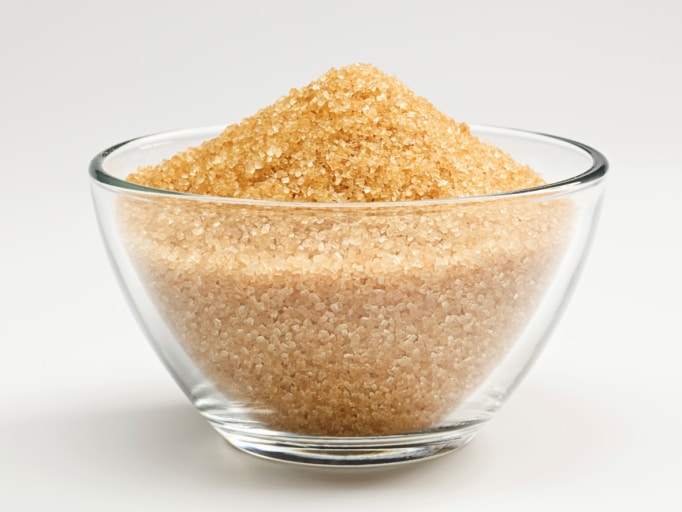Latest Patterns in Cane Sugar Processing Chemicals
Latest Patterns in Cane Sugar Processing Chemicals
Blog Article
Navigating Regulatory Compliance and Sustainability With Cutting-Edge Walking Stick Sugar Handling Chemicals in the Chemical Export Sector

Regulatory Landscape Summary
In the realm of cane sugar handling chemicals within the chemical export sector, comprehending the regulative landscape is paramount for making certain compliance and sustainable operations. Regulative bodies such as the Epa (EPA) and the Food and Medicine Administration (FDA) play a critical role in overseeing the production, import, and export of these chemicals. Conformity with guidelines stated by these bodies is not just a legal demand but also essential for preserving public wellness and environmental safety standards.
Regulatory frameworks regulating cane sugar processing chemicals encompass a wide variety of facets, including labeling needs, acceptable levels of specific substances, and guidelines for secure handling and disposal. For chemical exporters, this suggests sticking to rigorous documents processes, quality control measures, and periodic audits to show adherence to these regulations.

Lasting Walking Cane Sugar Chemical Innovations

One popular location of innovation is the development of eco-friendly chemicals that lower water and energy intake throughout the sugar handling phases. By applying these sustainable services, business can lower their carbon impact while preserving high degrees of performance. Furthermore, advancements in naturally degradable chemicals are obtaining traction, offering a more eco friendly option to conventional handling agents.
Moreover, the assimilation of renewable power sources in the production process is becoming extra common, additional improving the sustainability profile of walking cane sugar processing. By accepting these sustainable walking cane sugar chemical innovations, business can not just fulfill governing needs however also demonstrate a dedication to ecological responsibility in the chemical export industry.
Compliance Challenges in Exporting Chemicals
Navigating regulative structures postures substantial challenges for chemical exporters, calling for precise focus to compliance standards and worldwide regulations. One of the primary conformity challenges encountered by chemical exporters is guaranteeing that the items fulfill the certain regulatory demands of the importing country.
Additionally, chemical merchants must stay abreast of constantly advancing guidelines and standards connected to chemical handling, manufacturing, and transport. Failure to abide with these regulations can result in severe consequences, consisting of fines, legal activity, and reputational damages. Moreover, navigating trade constraints, permissions, and export control laws adds one more layer of complexity to the compliance landscape for chemical exporters.
To reduce these obstacles, chemical exporters have to buy durable compliance programs, carry out routine audits, and engage with regulative authorities to make certain a detailed understanding of the relevant laws and laws. By prioritizing conformity and staying positive in resolving regulative difficulties, chemical exporters can browse the intricacies of worldwide profession efficiently.
Ecological Impact of Walking Stick Sugar Handling
The ecological implications of cane sugar handling are an essential aspect needing detailed examination in the chemical export sector. One of the key worries is the generation of big quantities of wastewater having organic matter, put on hold solids, and chemicals used in the processing plants.
In addition, the substantial use pesticides and plant foods in sugarcane farming can lead to dirt degradation, water contamination, and damage to non-target organisms. It is critical for chemical merchants associated with the walking stick sugar handling market to apply sustainable practices, purchase sophisticated wastewater therapy modern technologies, advertise accountable farming techniques, and stick to strict ecological laws to minimize the unfavorable environmental impact of their operations.
Future Trends in Sustainability Practices
What innovative approaches see this here are chemical exporters in the walking cane sugar handling market adopting to improve sustainability practices for the future? One famous trend is the change in the direction of developing and utilizing green chemicals in the processing of walking cane sugar - Cane Sugar Processing Chemicals.
One more crucial fad is the application of advanced technologies such as automation and information analytics to enhance resource usage and minimize waste generation. By utilizing the power of information and automation, chemical exporters can improve their procedures, boost energy performance, and boost overall sustainability performance.
In addition, collaborations and partnerships with sustainability-focused organizations and stakeholders are coming to be progressively typical. By collaborating, chemical exporters can exchange knowledge, share best practices, and jointly drive advancement towards more sustainable cane sugar processing methods. Welcoming these patterns will not only profit the atmosphere yet also guarantee lasting success and competition in the industry.
Verdict
Finally, the chemical export market must navigate complicated regulatory landscapes and sustainability difficulties when processing walking cane sugar. Advancements in walking cane sugar processing chemicals are vital to meeting conformity requirements and lowering environmental impact. As the market continues to advance, it is necessary for firms to embrace sustainable practices and stay ahead of future trends to ensure lasting success.
In the realm of walking stick sugar processing chemicals within the chemical export sector, understanding the regulative landscape is extremely important for guaranteeing conformity and lasting procedures.Discovering ingenious methods in the advancement of lasting walking cane sugar chemical services is critical for advancing ecological stewardship in the chemical export sector. Business are progressively investing in research study and development to create innovative walking stick sugar handling chemicals additional hints that not only make sure high efficiency in sugar web link production yet additionally adhere to strict sustainability criteria.
Additionally, chemical exporters should remain abreast of constantly developing policies and requirements associated to chemical handling, transportation, and production - Cane Sugar Processing Chemicals.The ecological implications of walking cane sugar handling are an essential aspect requiring comprehensive evaluation in the chemical export market
Report this page